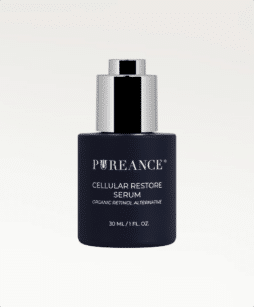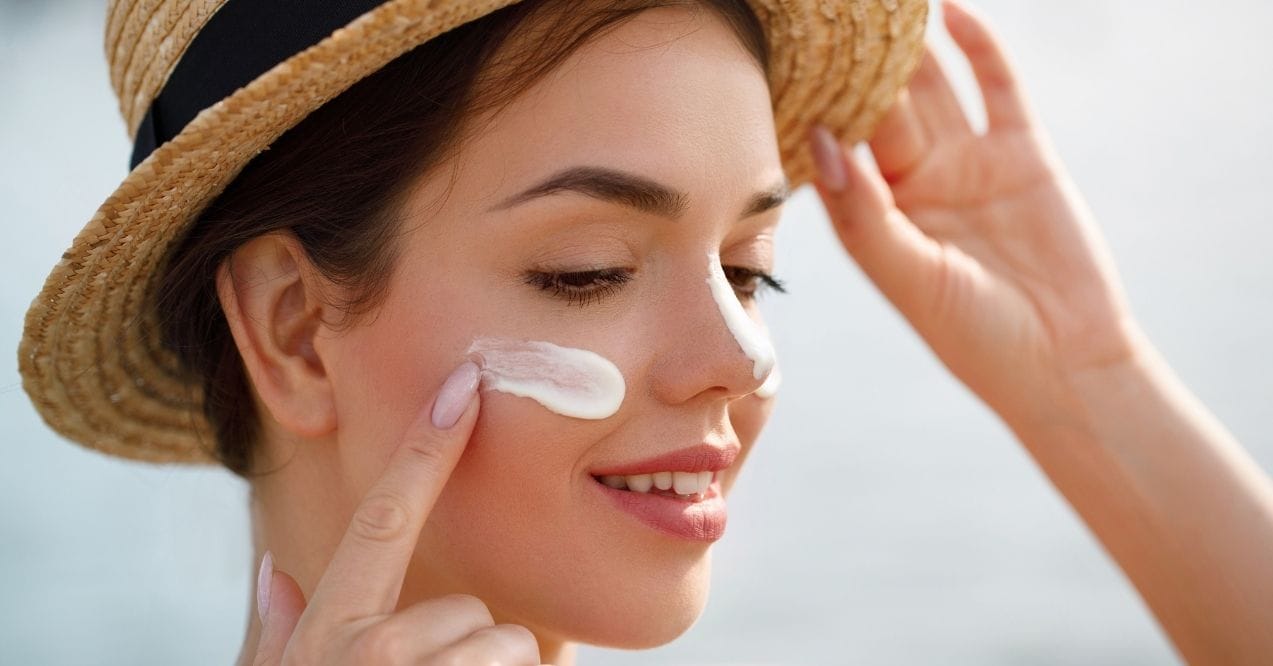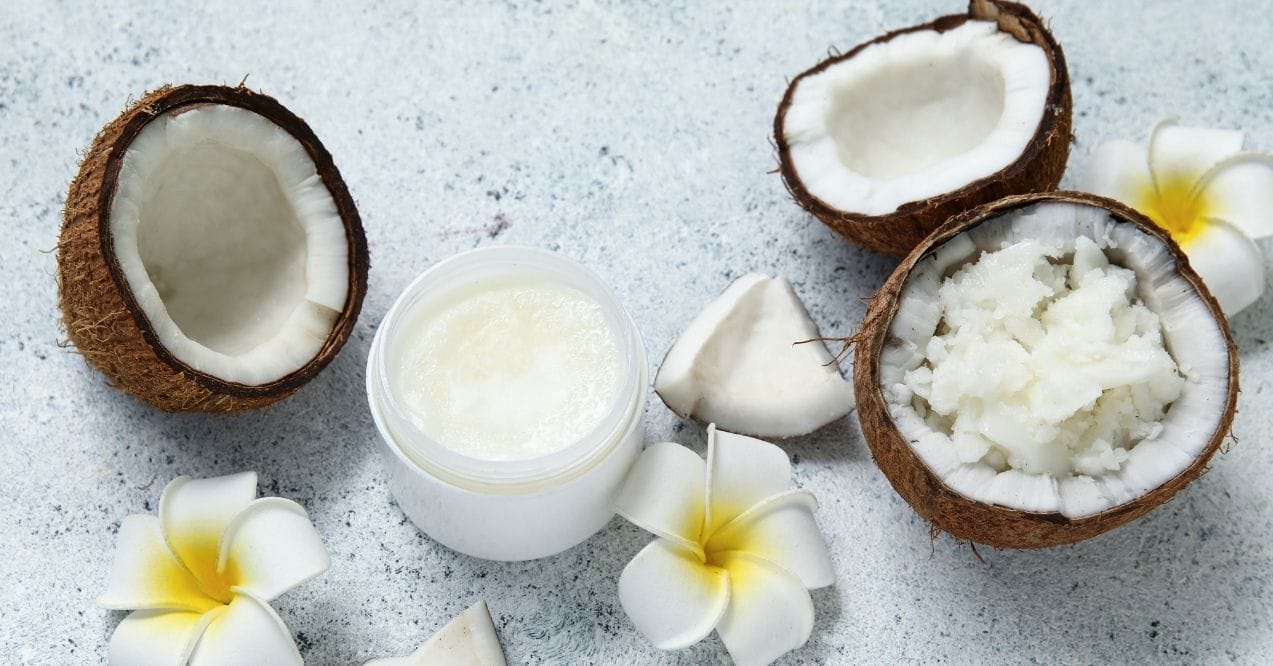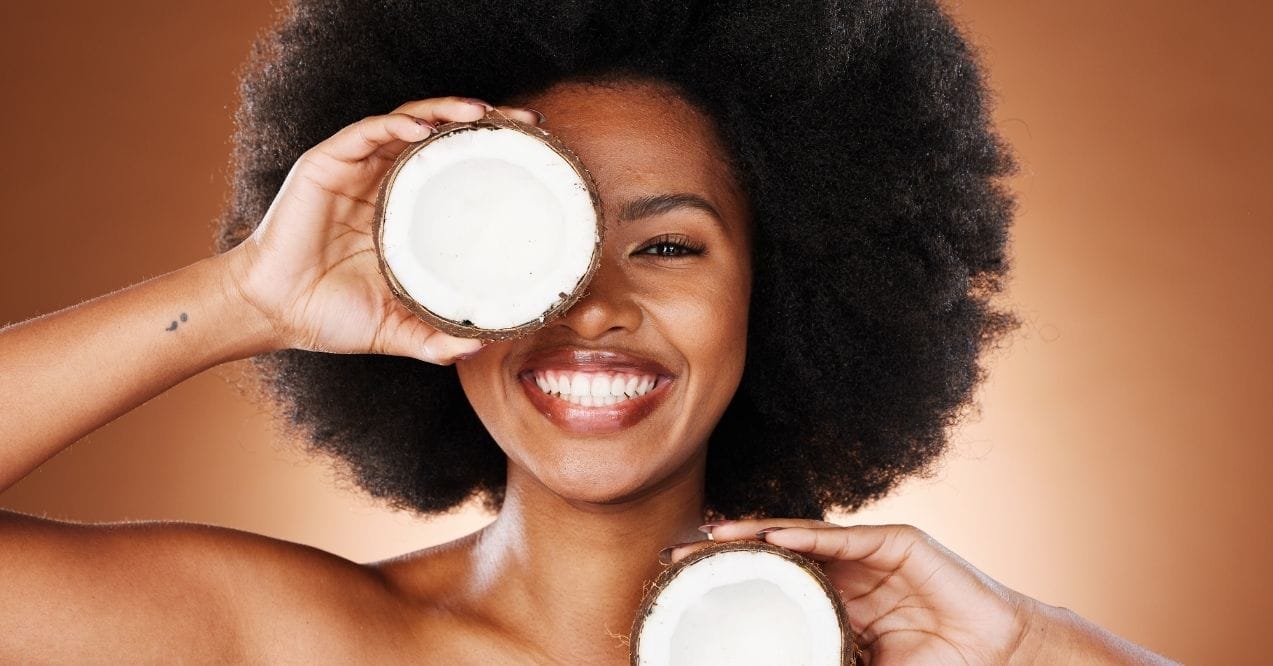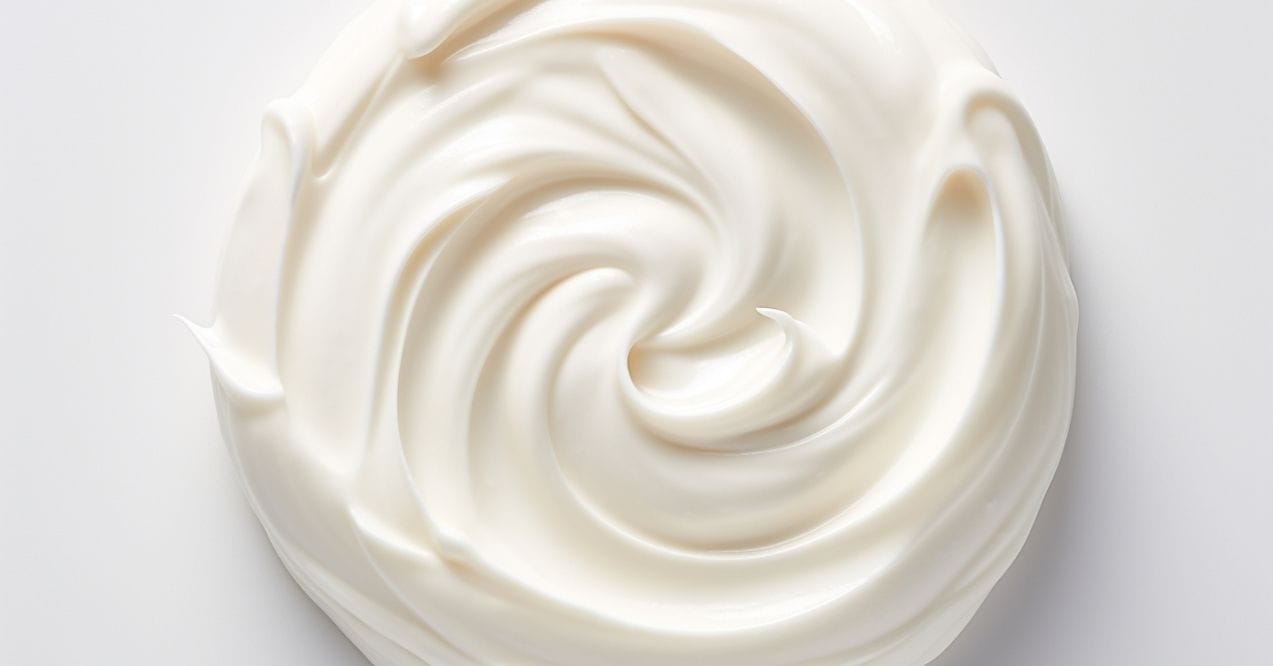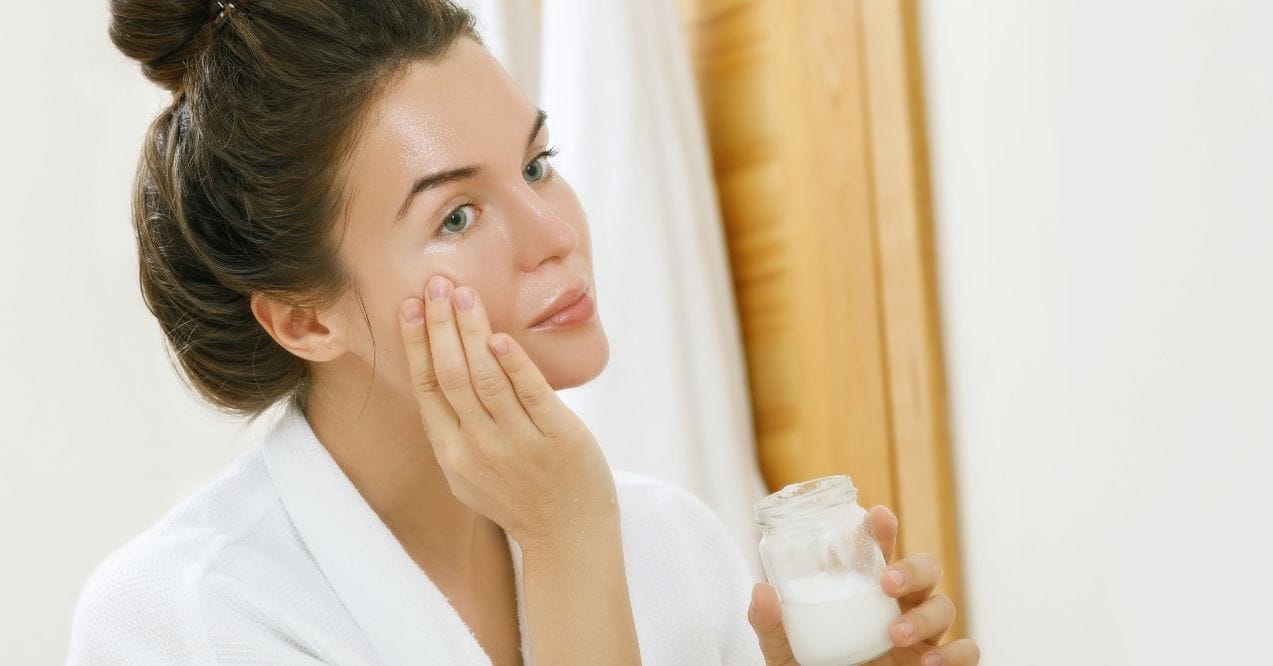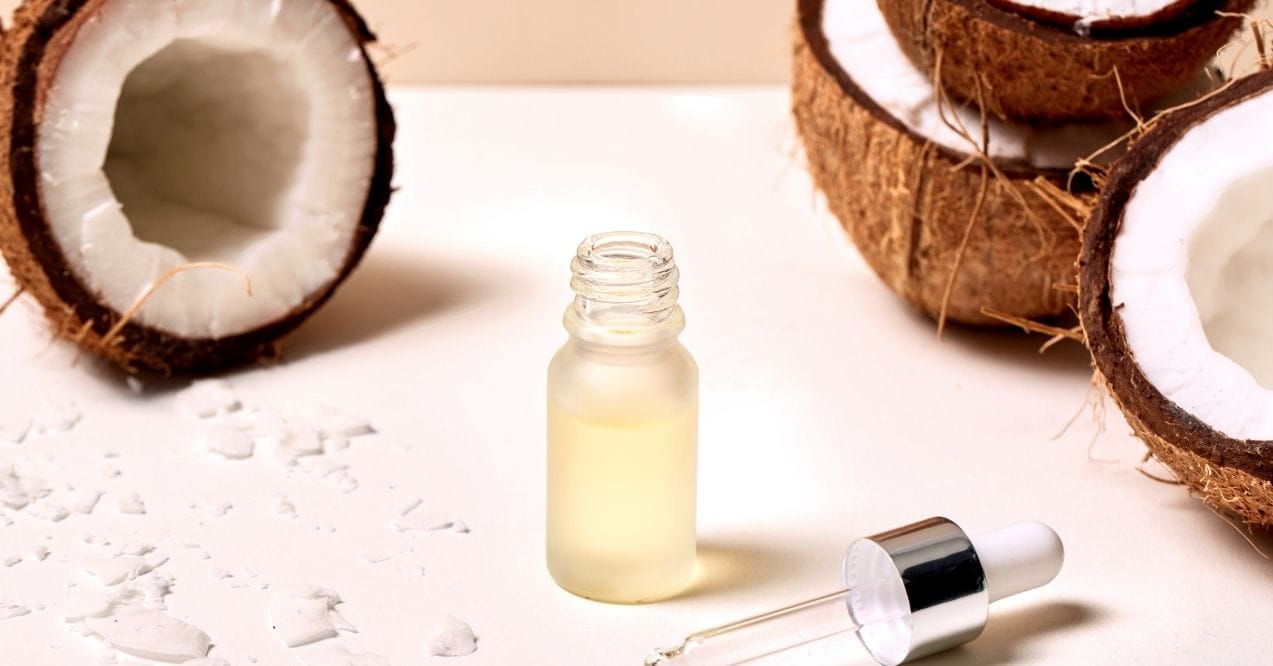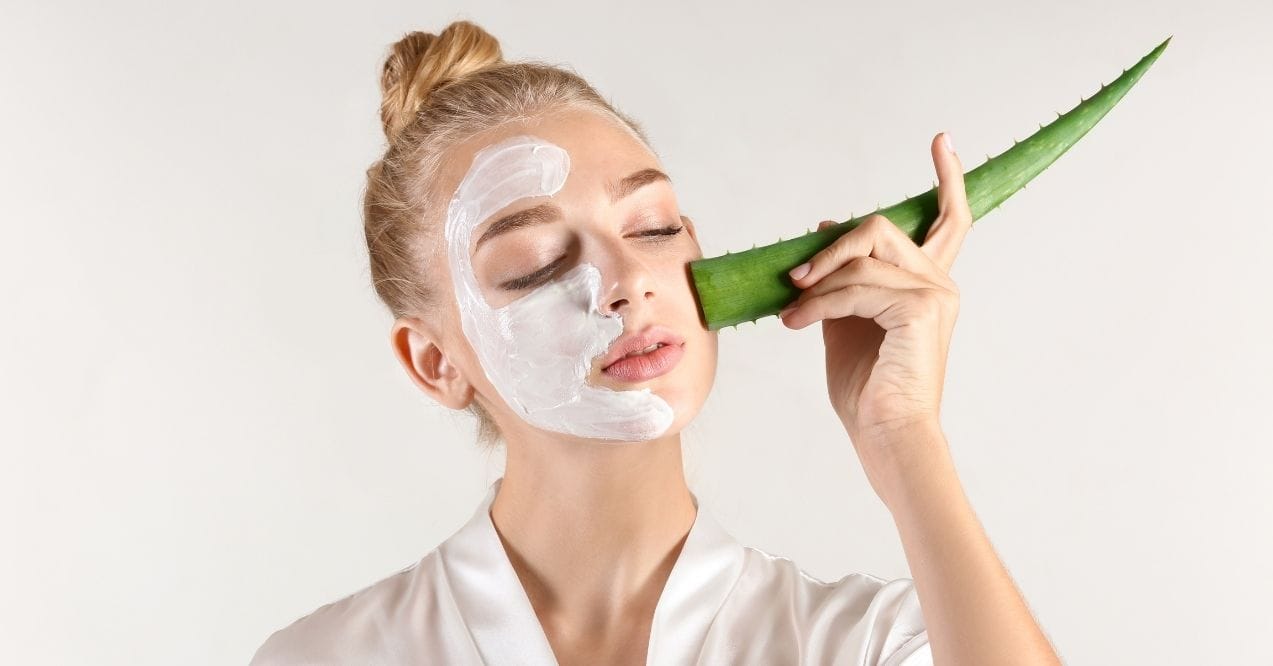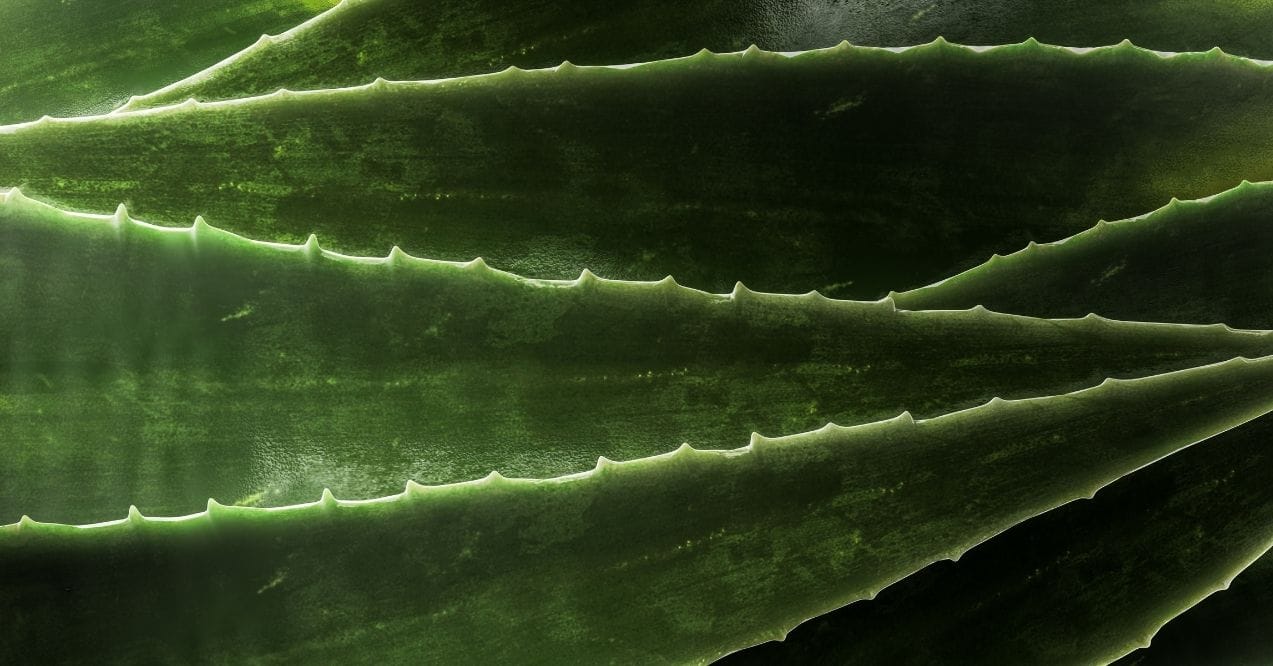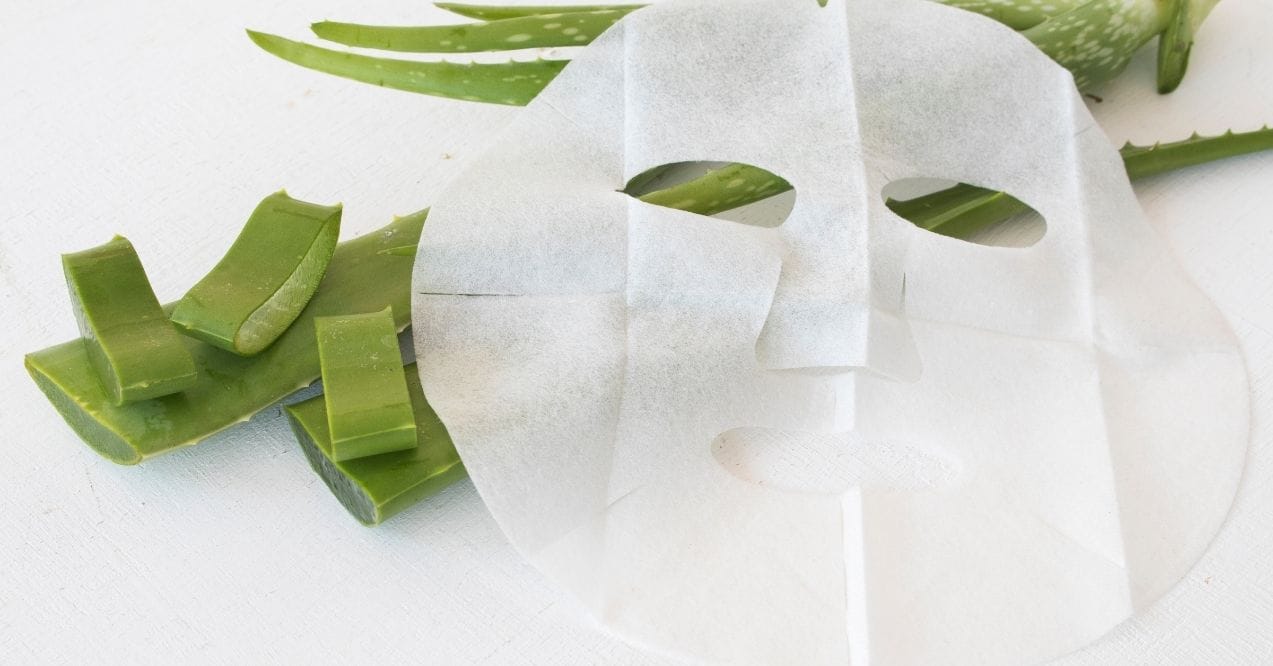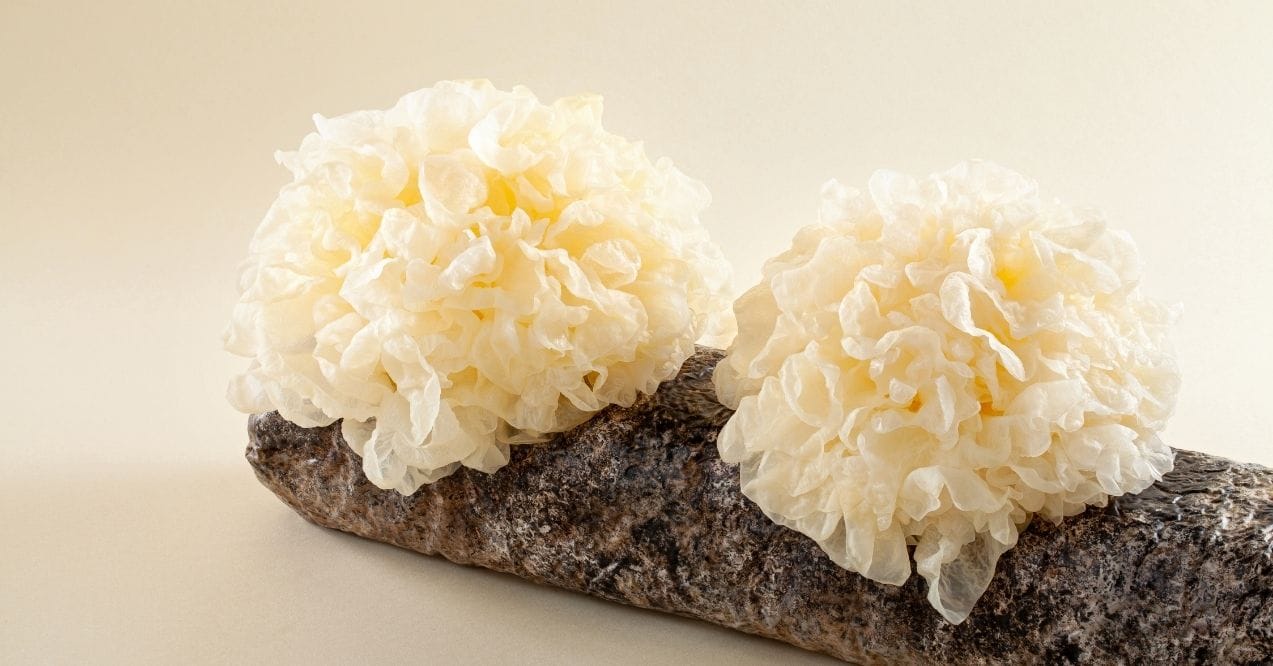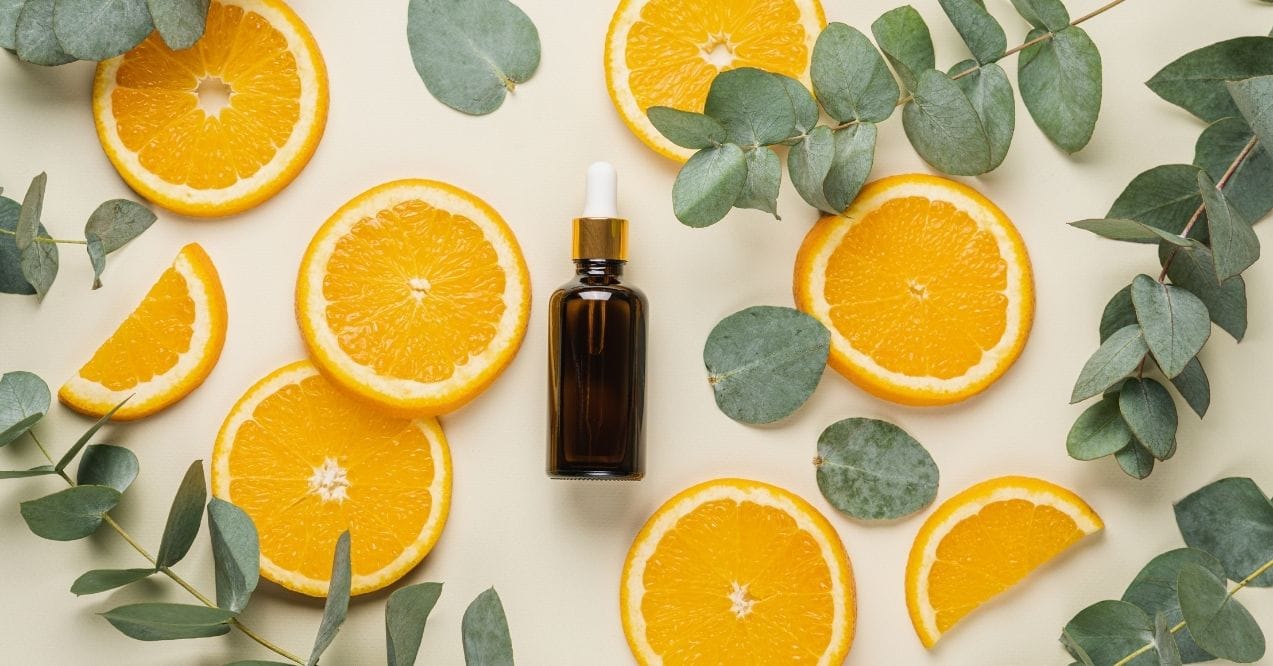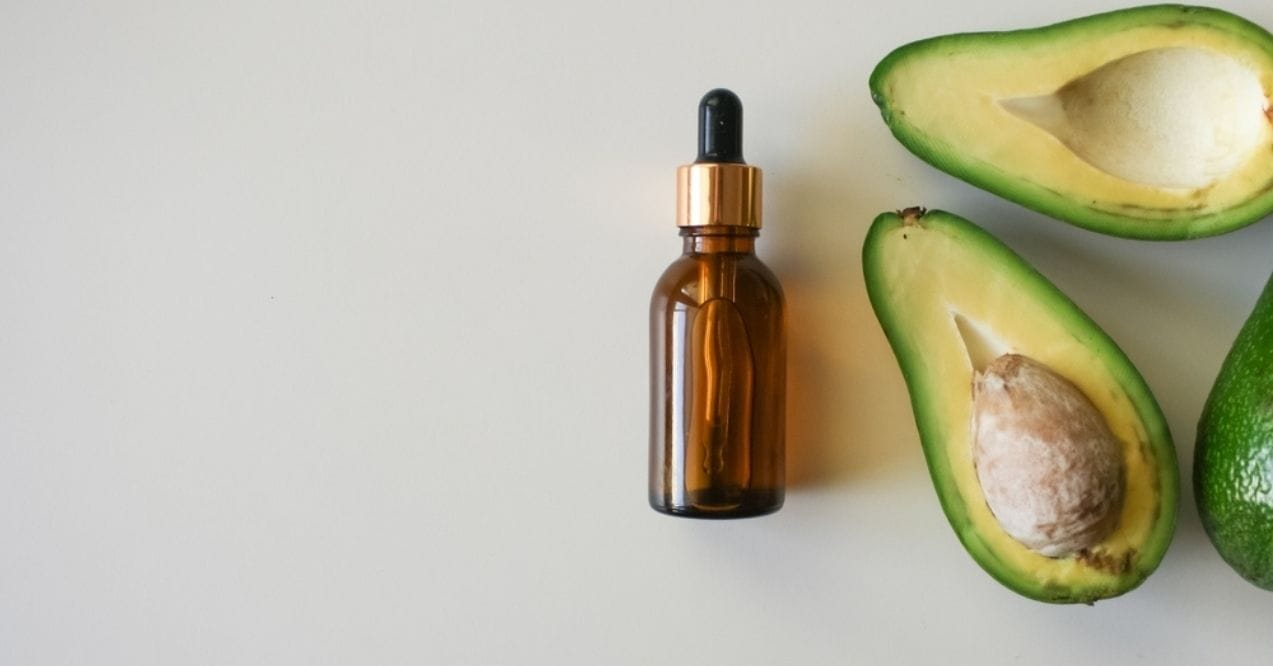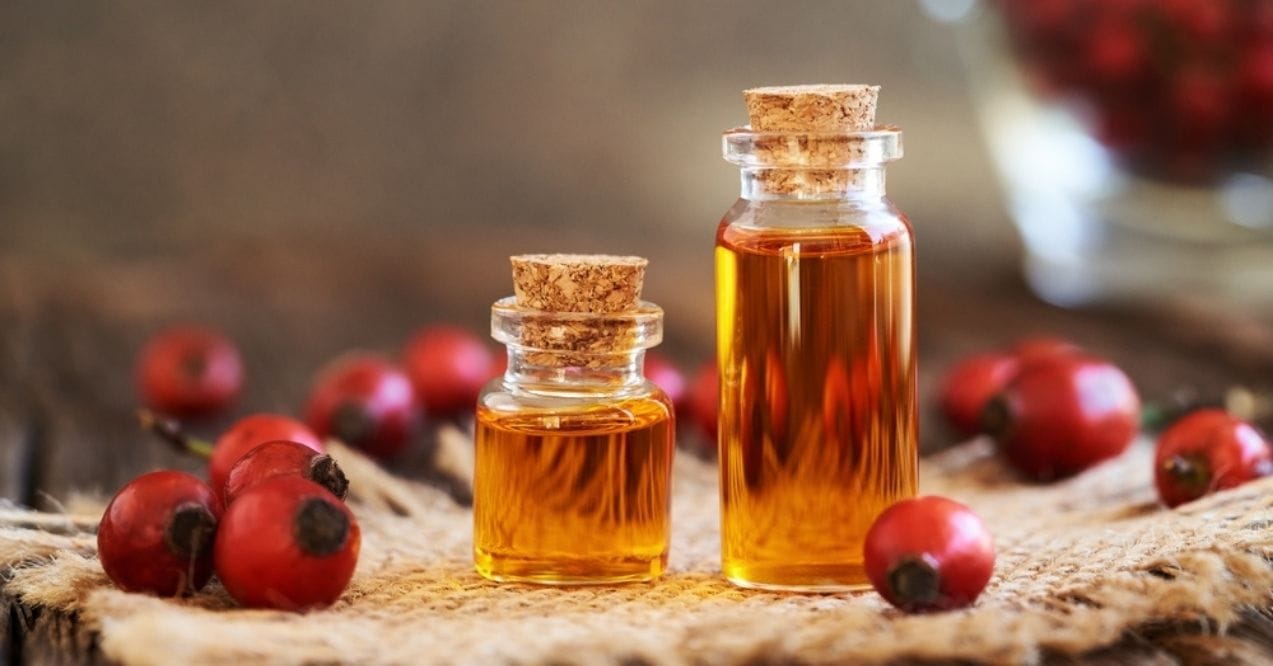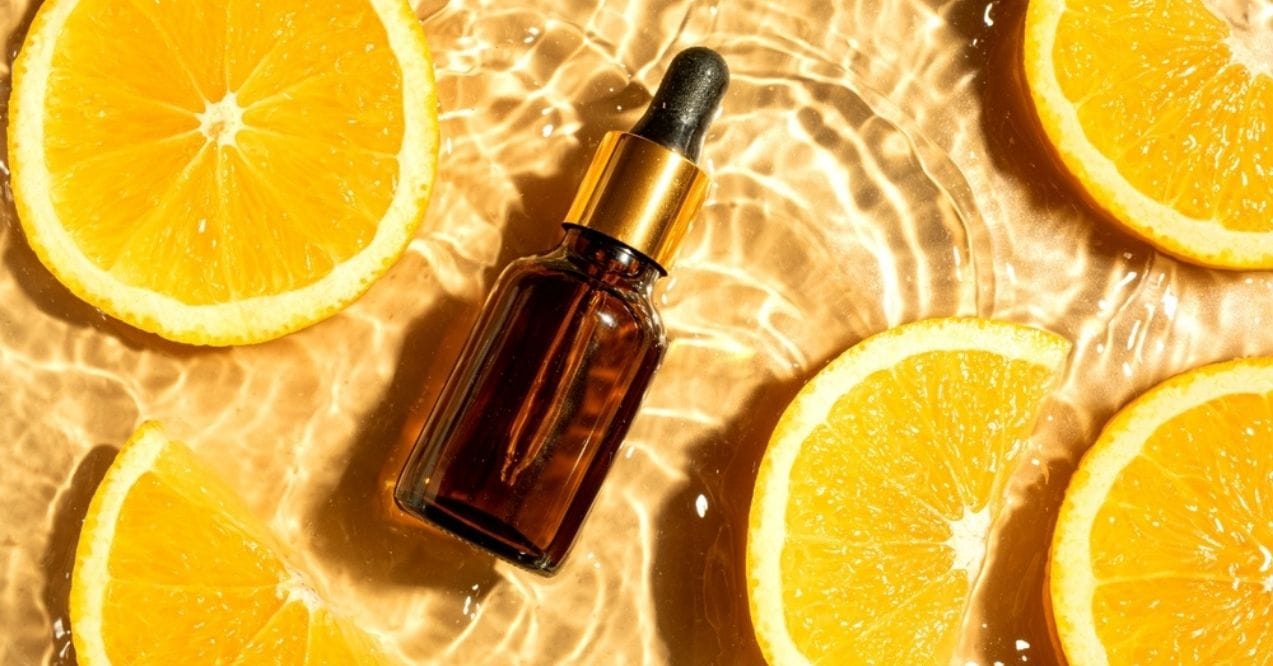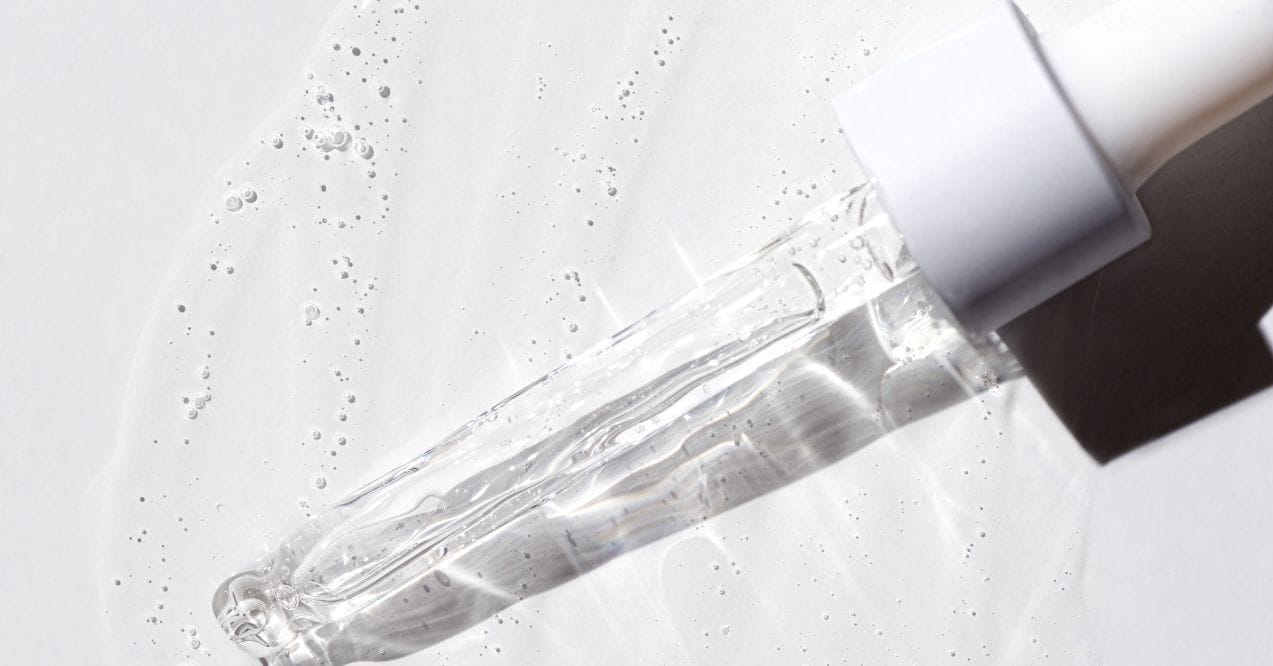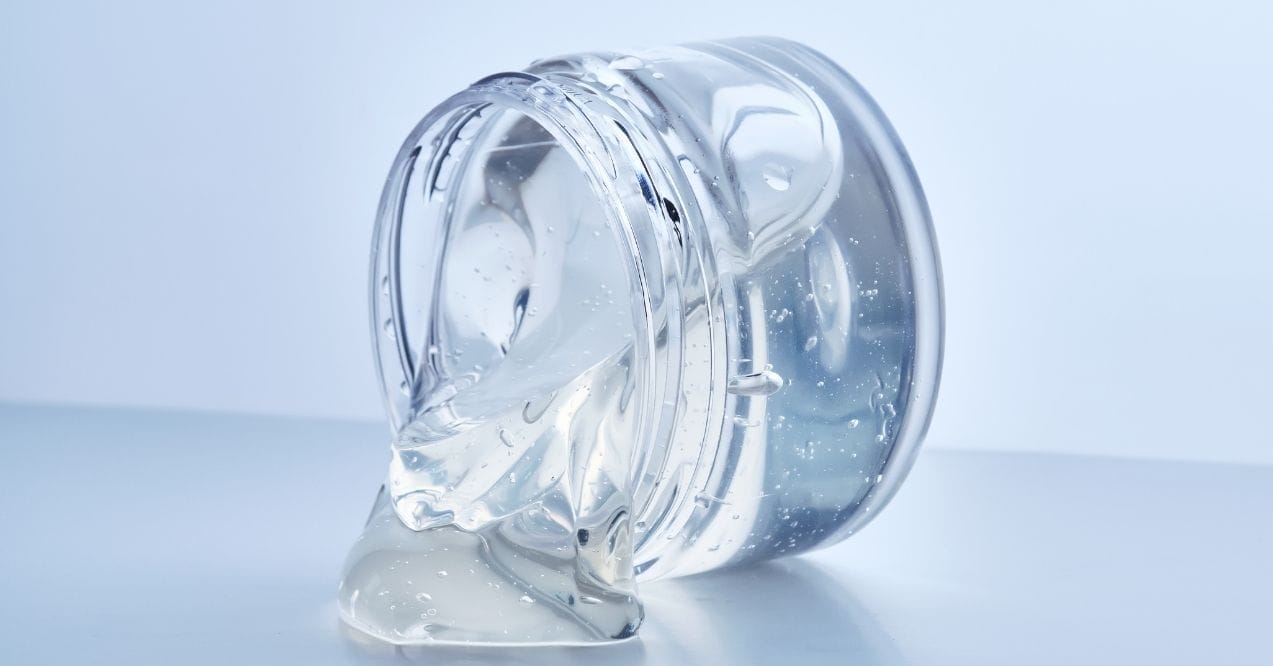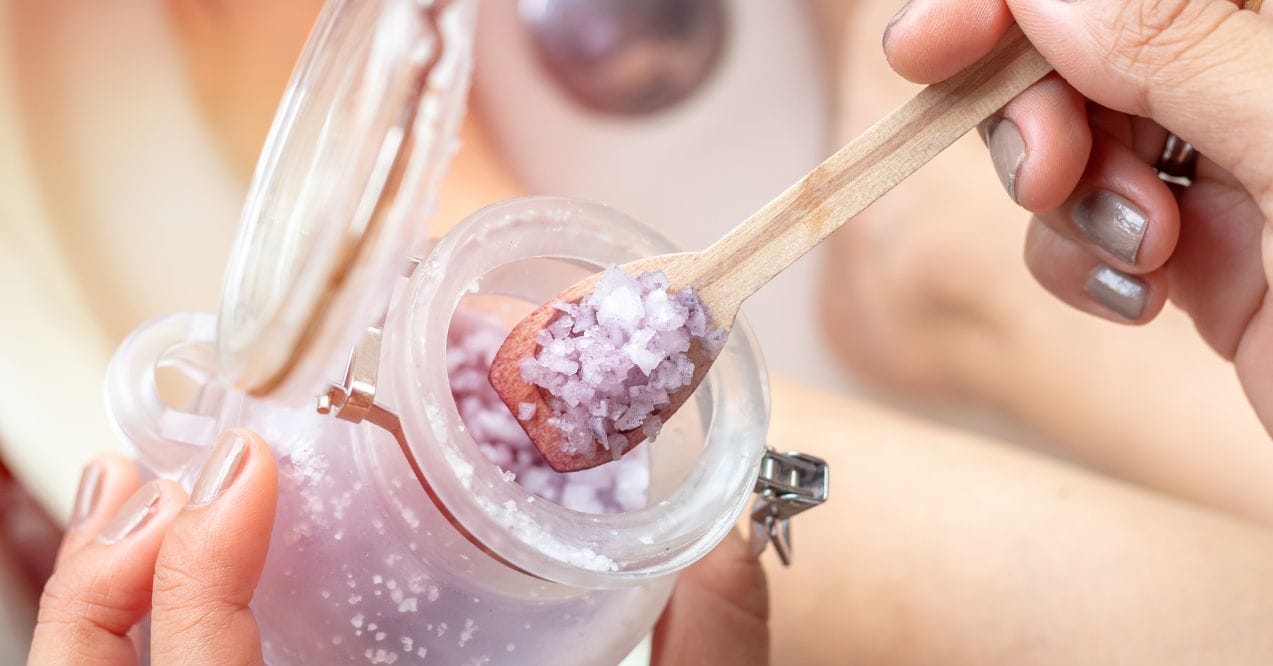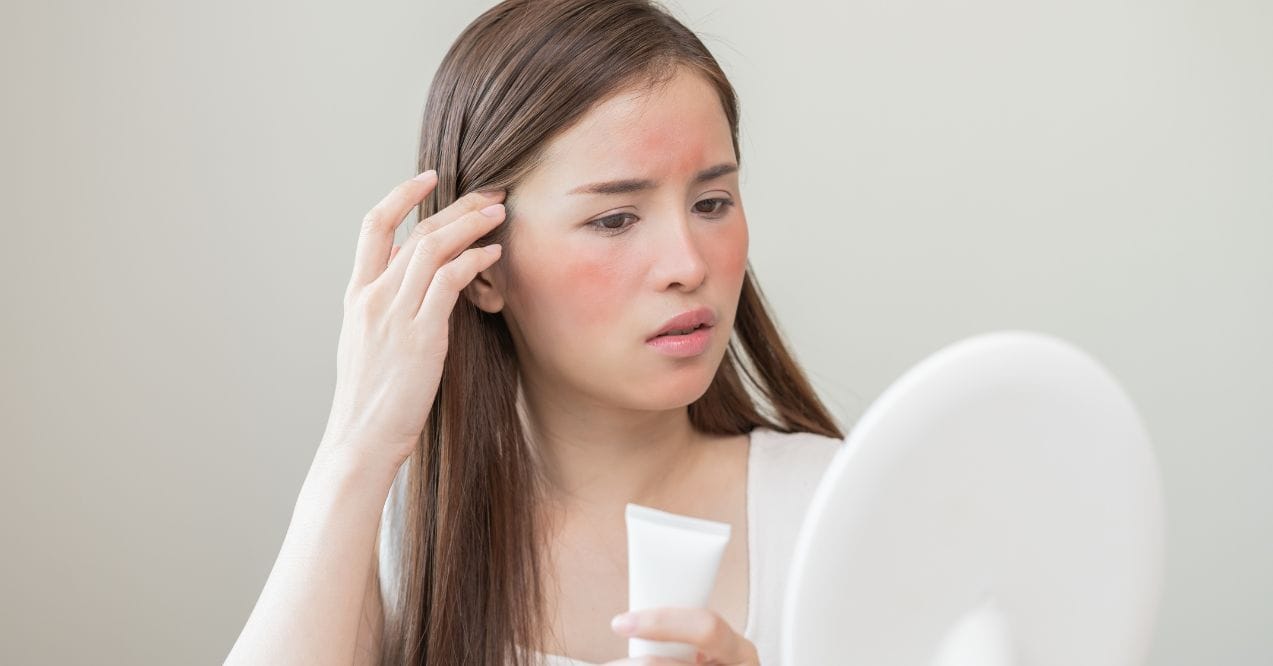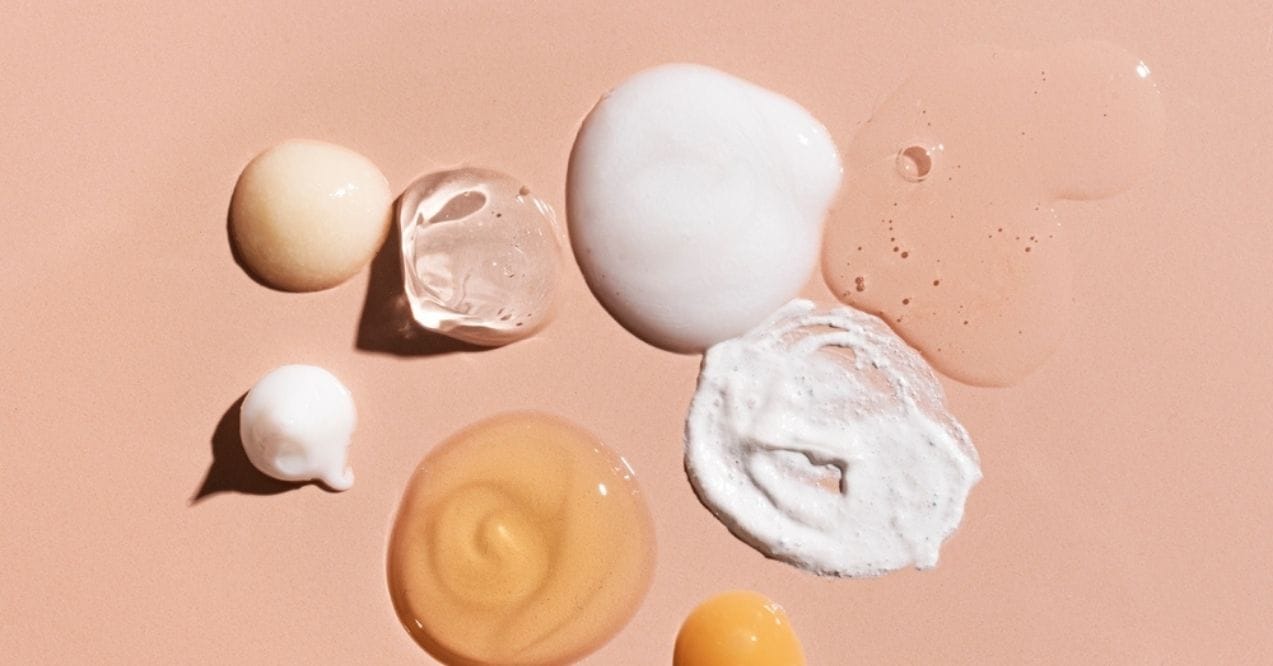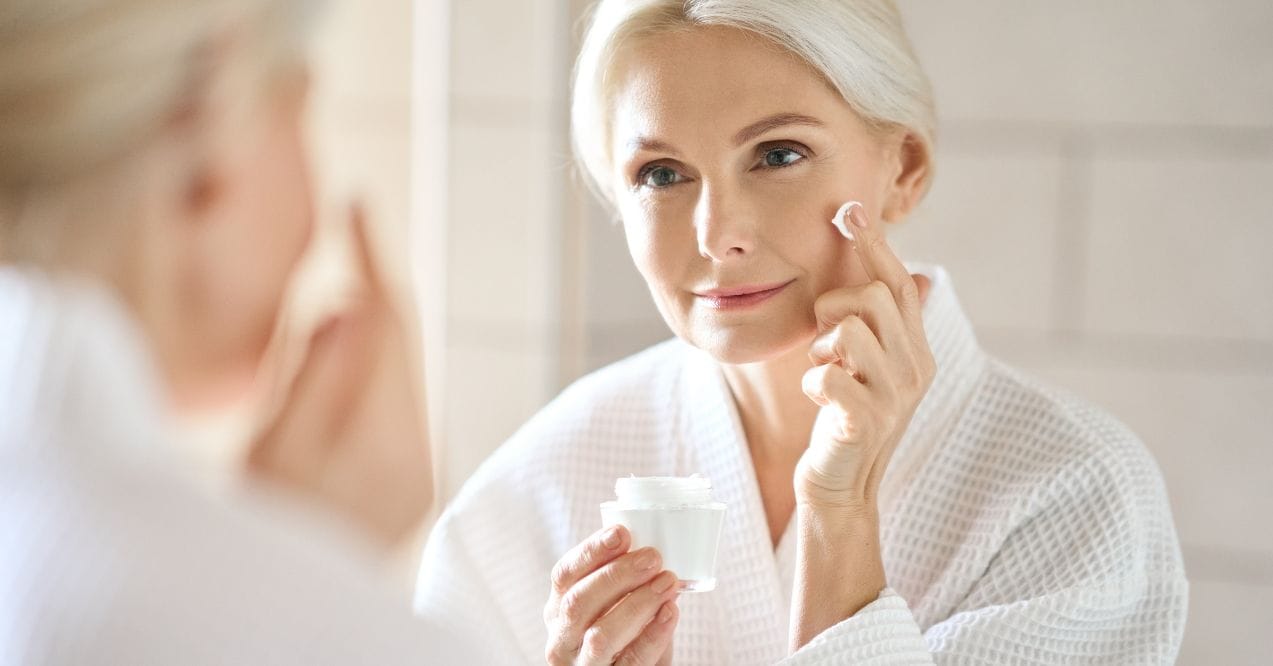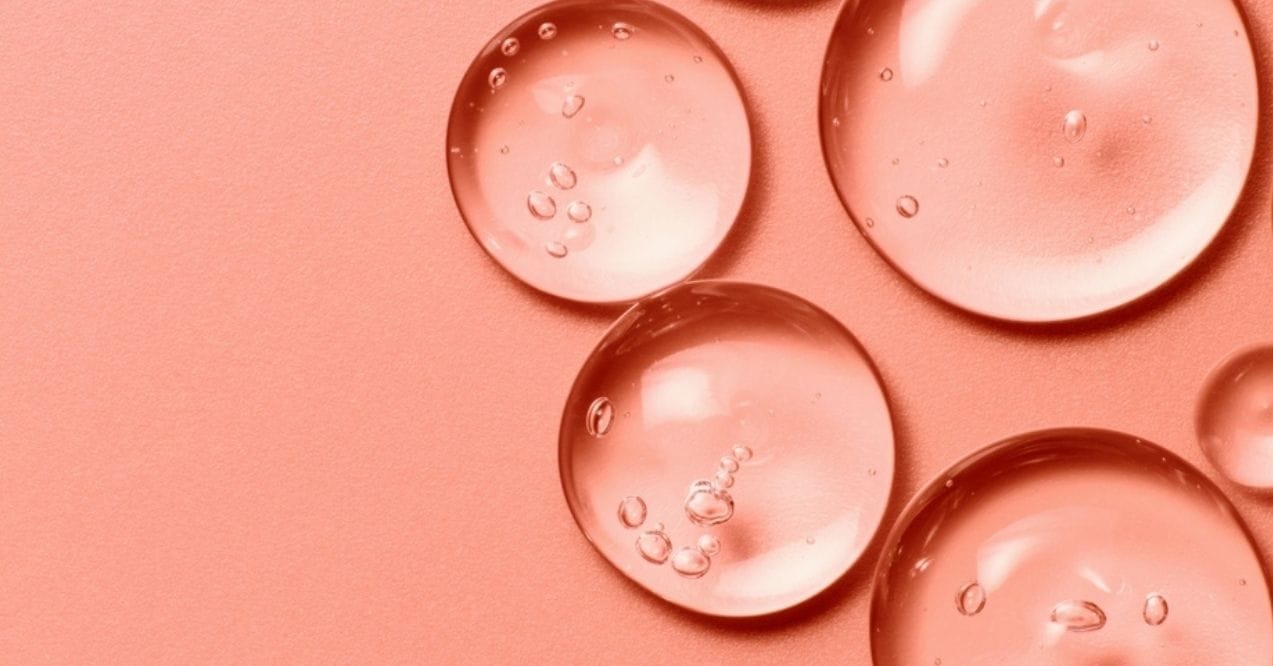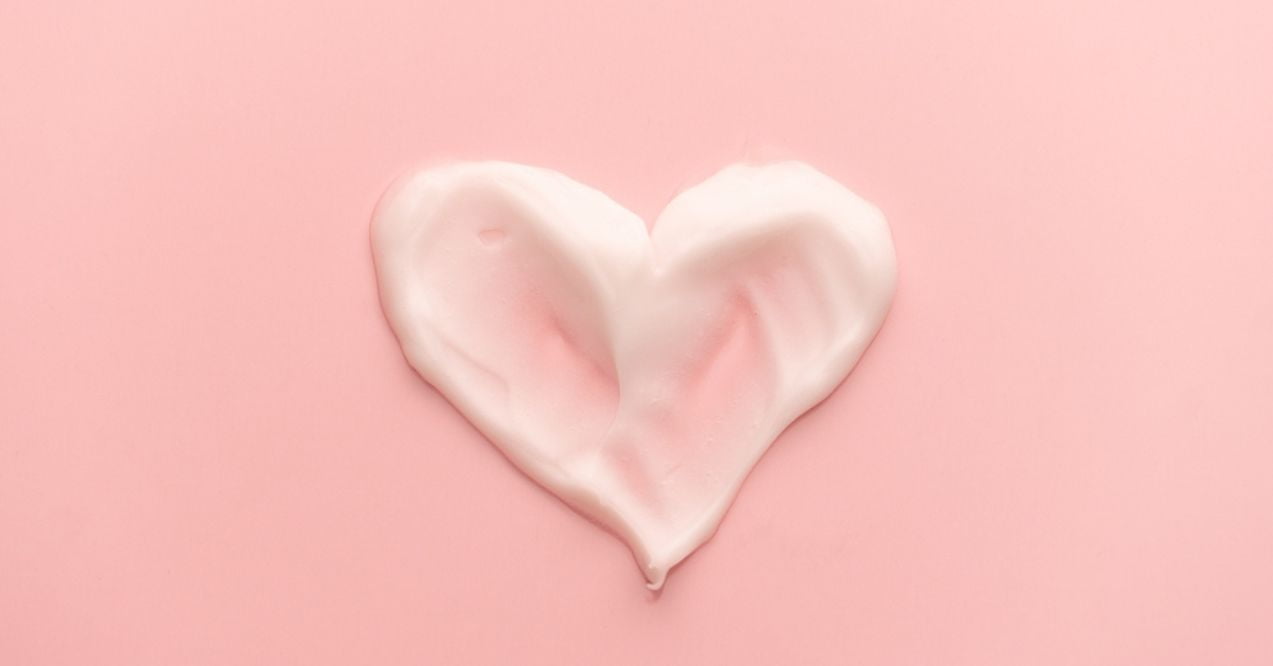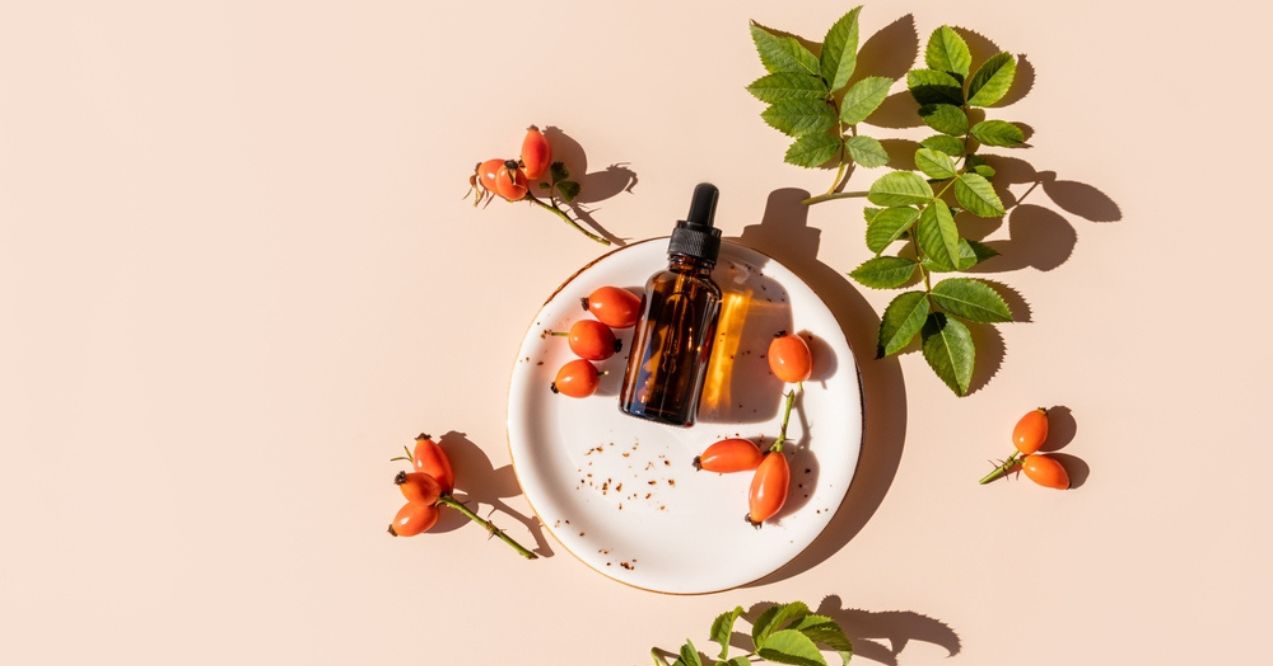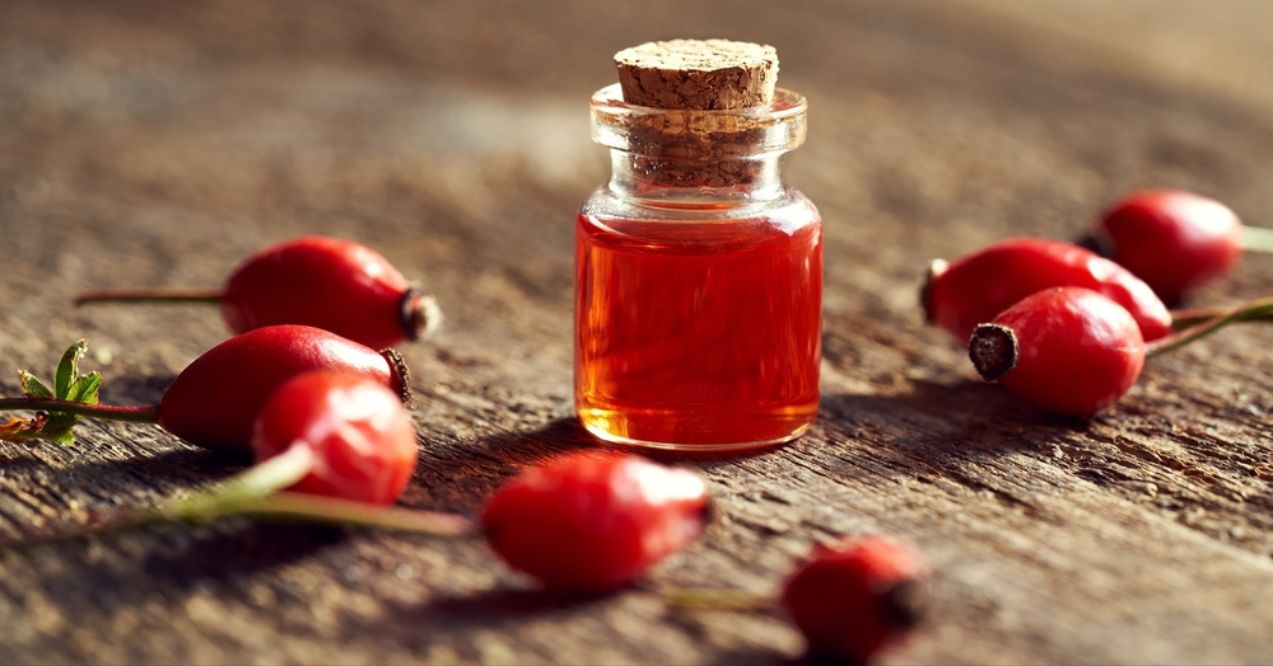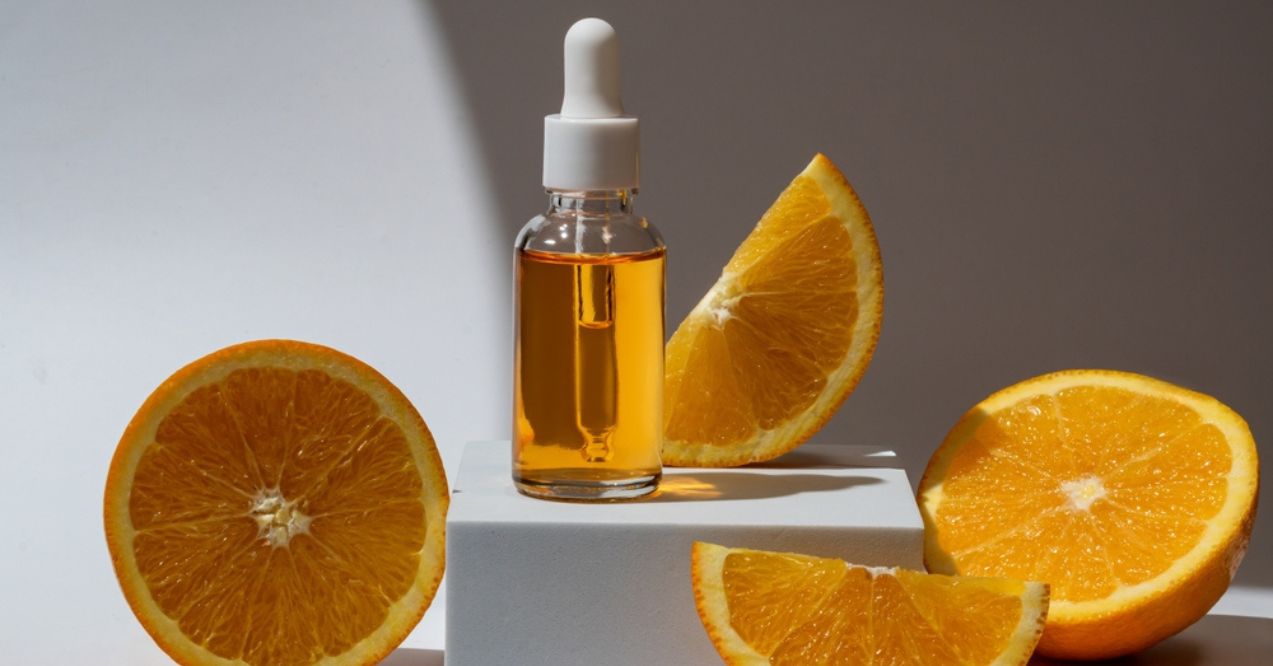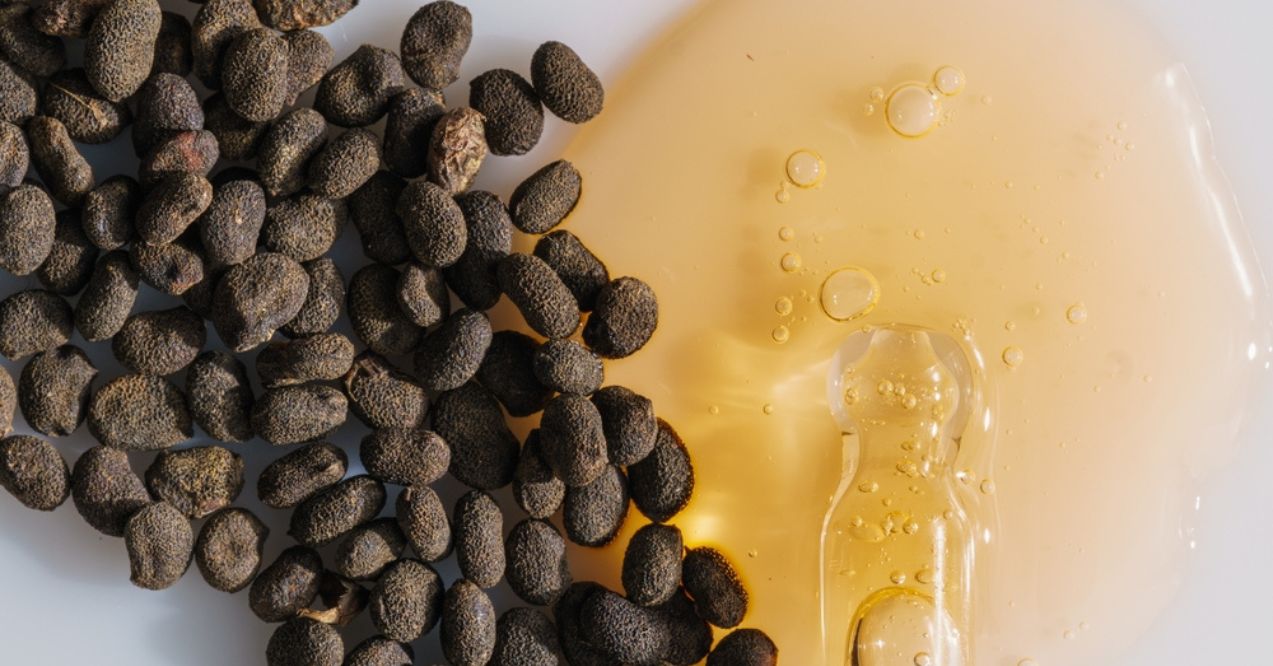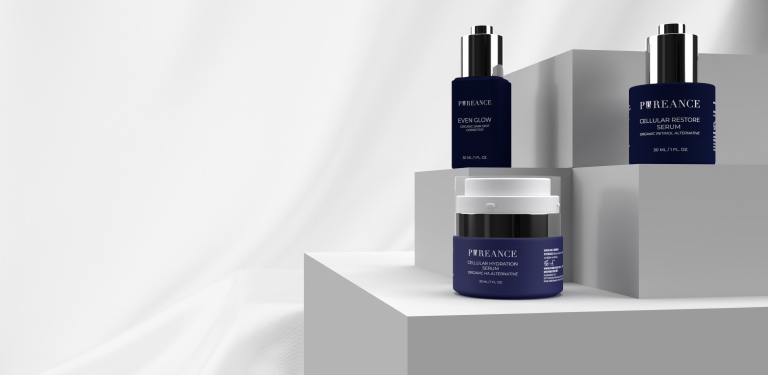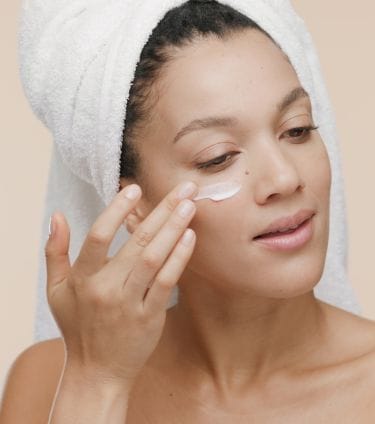
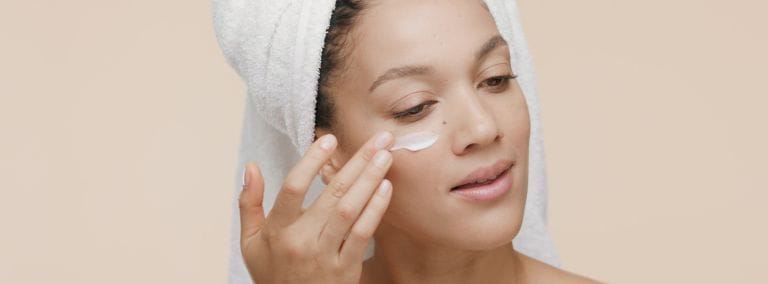

What Is BHT in Skincare?
What is BHT in skincare, and why does it often spark discussion among skincare enthusiasts? As consumers become more conscious of the ingredients in their skincare products, certain ingredients like Butylated Hydroxytoluene (BHT) frequently come under the spotlight. BHT, a synthetic antioxidant, is commonly used as a preservative in skincare and cosmetics, yet questions remain about its role, safety, and long-term effects on skin. In this blog, we’ll take a closer look at what BHT is, why it’s used, whether it’s safe for your skin, and possible natural alternatives you might consider.
Key Article Findings
- BHT acts as a preservative to extend the shelf life of skincare products by preventing oxidation.
- Considered safe in small amounts, BHT’s use in skincare varies by regional regulations and personal preferences.
- Natural alternatives like Vitamin E and rosemary extract are available for those seeking BHT-free options.
What Is Butylated Hydroxytoluene (BHT) in Skincare?
So, what is BHT in skincare? Butylated Hydroxytoluene (BHT) is a synthetic antioxidant found in many skincare products and cosmetics. Its main purpose is to prevent oils and fats in these products from breaking down too quickly. By slowing down this process, BHT helps keep products fresh and effective longer.
Why Is BHT Used in Skincare Products?
BHT is added to skincare products mainly to help them last longer. As an antioxidant, BHT prevents oxidation, a process that can cause oils in products to spoil or lose effectiveness. By stopping this reaction, BHT protects the quality and stability of products, especially those with oil-based ingredients.
For moisturizers, makeup, and other skincare items, BHT’s role is essential. It keeps products fresh, so they work as expected each time you use them, without quickly degrading. This preservation helps ensure that your favorite skincare essentials remain safe, effective, and ready to use over time.
Is BHT Bad for Skin?
Is BHT bad for skin? Opinions vary on this topic. Some people believe it’s fine in small amounts, while others prefer to avoid it, especially if they focus on natural skincare. Generally, BHT is widely considered safe when used in low concentrations, which is how it’s typically added to skincare products. However, some may feel more comfortable steering clear of it, especially if they prefer formulas with purely natural ingredients.
BHT Side Effects on Skin
BHT side effects on skin are uncommon but worth noting, especially for those with sensitive skin. In rare cases, BHT may cause mild irritation or dryness, particularly for individuals prone to sensitivity. If you’re concerned, try patch-testing products with BHT first to see how your skin responds. Paying attention to any skin changes can help you decide if products with BHT work well for you.
Should You Avoid BHT in Skincare?
Deciding whether to avoid BHT in skincare depends on personal preferences and skin needs. Experts generally agree that BHT is safe in small, regulated amounts, helping products stay fresh and maintain quality. However, for those with sensitive skin or a preference for natural, preservative-free options, BHT-free products may be a more suitable choice, especially if “clean” ingredients are a priority.
Natural Alternatives to BHT in Skincare
For those seeking alternatives, some brands use plant-based preservatives instead of BHT. Ingredients like Vitamin E, rosemary extract, and other natural preservatives help keep products fresh. These options are popular in “clean” or minimalist skincare, appealing to those who prefer simpler ingredient lists. While natural alternatives work well for some, they may not extend shelf life as long as synthetic preservatives like BHT.
BHT and Long-Term Use
BHT is safe for topical use in small amounts, which is why it’s commonly used in skincare products. Regulations on BHT can vary between regions, with different standards and guidelines in place. While extensive research into BHT’s long-term effects is ongoing, many regulatory agencies consider it safe for cosmetics. Staying informed about ingredients helps you make skincare choices that match your personal needs.
Conclusion
Understanding what is BHT in skincare helps you make informed choices about the products you use every day. BHT acts as a preservative to keep skincare items fresh and effective. While it’s generally considered safe in small amounts, being aware of why is BHT bad for you can guide you in selecting products that align with your preferences and skin needs. Exploring natural alternatives and knowing how different ingredients affect your skin empowers you to choose what’s best for your routine.
BHT is generally considered safe in low amounts, but it may cause mild skin sensitivity or dryness in some users. Those with sensitive skin might consider patch-testing products containing BHT before regular use.
BHT acts as a preservative in skincare, preventing product spoilage and maintaining stability. It helps products stay fresh and effective longer by slowing the oxidation of oils and other ingredients.
Natural alternatives to BHT include ingredients like Vitamin E, rosemary extract, and other plant-based antioxidants. These options are popular in “clean” skincare formulations, appealing to those who prefer natural preservation methods.
This site offers health, wellness, fitness and nutritional information and is designed for educational purposes only. You should not rely on this information as a substitute for, nor does it replace, professional medical advice, diagnosis, or treatment. If you have any concerns or questions about your health, you should always consult with a physician or other health-care professional. Do not disregard, avoid or delay obtaining medical or health related advice from your health-care professional because of something you may have read on this site. The use of any information provided on this site is solely at your own risk.
Nothing stated or posted on this site or available through any services are intended to be, and must not be taken to be, the practice of medical or counseling care. For purposes of this agreement, the practice of medicine and counseling includes, without limitation, psychiatry, psychology, psychotherapy, or providing health care treatment, instructions, diagnosis, prognosis or advice.
